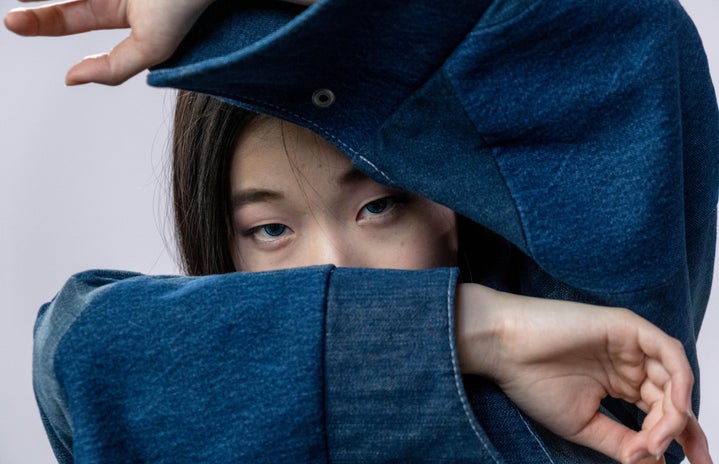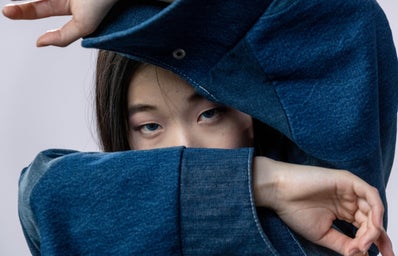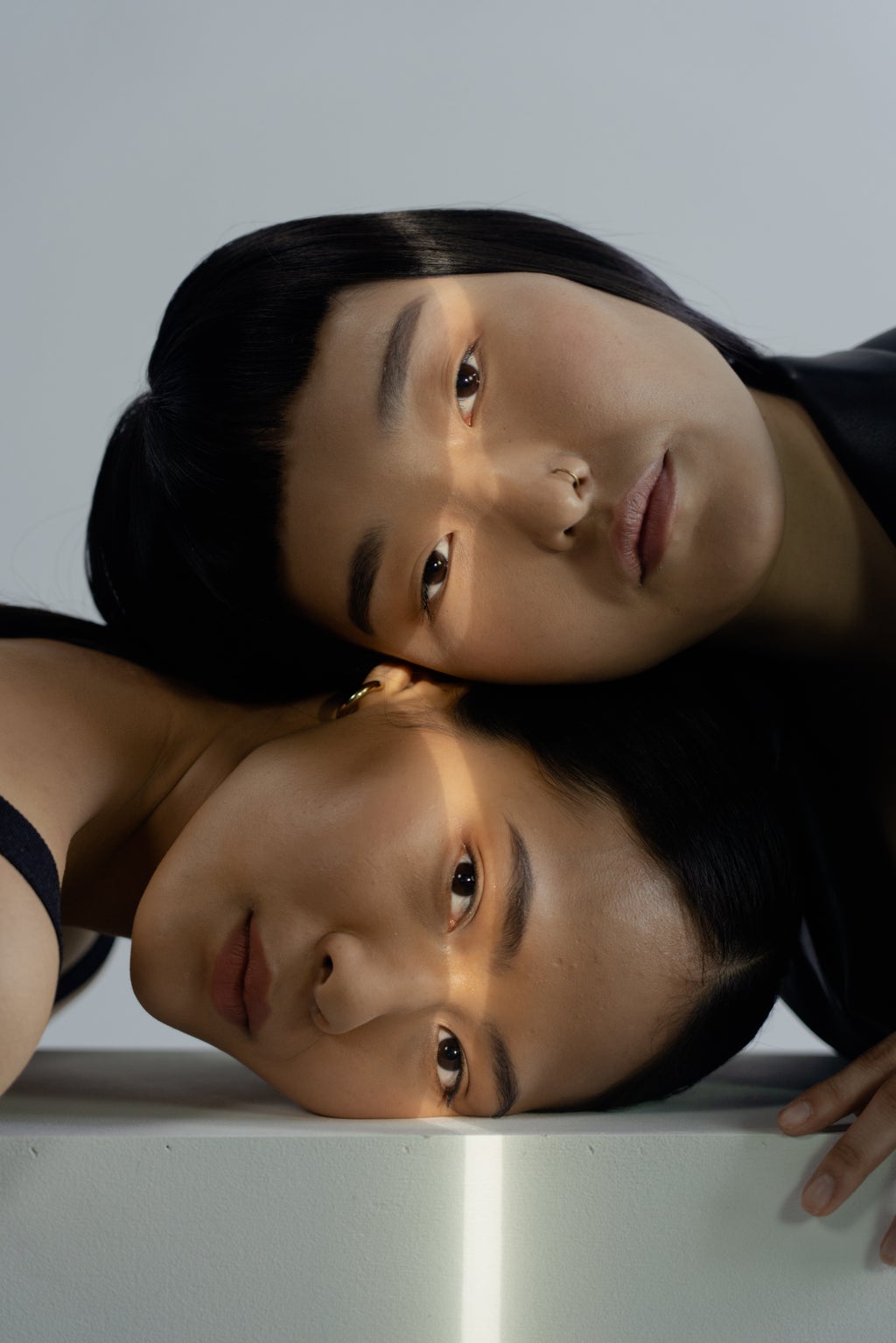Asian eyes are not the next fashion fad or TikTok trend, they are an integral part of Asian identity and experiences.
Eye shapes have become the new obsession of social media users and fashion/beauty consumers alike. Whether it is through the micro-aggressive nature of “fox eye” poses or makeup styles that blur the lines between beauty trends and yellowface, Asian features have more recently been cosplayed and commodified at an alarming rate.
Growing up half white and half Asian, I was aware I would not receive the same level of prejudice and ignorance that full Asian people do in America. One thing that always stood out to me was when kids at school asked if I was part Asian. After I responded that I was half, they would pull back their eyes and say, “I could tell by your eyes.” With many of these interactions and those like it, I had both experienced and witnessed a plethora of uneducated remarks and actions that put small dents in my self-confidence. As I got older and was able to talk about these issues more with my Asian friends, it was clear that outside judgment had inevitably chipped away at us one time or another.
We all know having naturally slanted or smaller eyes has always been a focal point of racist rhetoric. This traces as far back as political cartoons during the Chinese Exclusion Act and all the way up to Gigi Hadid’s infamous video, squinting her eyes to mock a Buddha-shaped cookie. However, in the age of TikTok trends and Instagram models, we’ve been able to see slanted eyes integrate themselves into the mainstage of fashion and beauty industries- albeit on white women.
With the large audience that celebrities, like Kendall Jenner and Emma Chamberlain, have on various social media platforms, it is easy to understand that their actions do not exist within a vacuum. Thus, when they upload pictures pulling back their eyes or displaying their eyes that have mysteriously been lifted since last week’s post, greater implications exist for the world outside. “Fox eyes” are the new micro-trend sweeping the internet and beauty campaigns with face filters on photo apps, eye-lifting tape, increased levels of eye-lift procedures, and of course- the fox eye pose, where one pulls back the corners of their eyes with the tips of their fingers. The action of pulling back one’s eyes has been a negative memory for many Asian American children, so seeing this pose make its rounds as fashionable is very troubling, and honestly- frustrating. Why are slanted eyes seen as beautiful on non-Asian women, but viewed differently on Asian women?
As we see a rise in cultural exports from Asia, such as anime, K-pop, and K-dramas, we also see the commodification of Asian features along with it. Korean makeup styles have gained rapid popularity, with brands like Rom&nd and celebrities, like Jang Won-young, leading the way. Douyin makeup, or Chinese makeup, has also become a widespread fad on social media, specifically TikTok and Pinterest. While it is nice to see Asian beauty brands receive the recognition they deserve for their products, it is the specific use of these products to mimic or create Asian features that becomes problematic. Drawing on eyeliner to transform the eye shape or attempting to intentionally make yourself look Asian is modern-day yellowface masked by beauty trends.
During the height of the COVID-19 pandemic, anti-Asian propaganda and hate crimes came in tandem with reminders from parents about “wearing sunglasses” before we stepped outside. This is proof of how big a role ethnic features can play in someone’s day-to-day life and experiences. Elongating the eyes or using Asian makeup is not inherently problematic. Rather, it is the intent to look Asian. Drawing on Asian features is extremely dangerous and harmful to actual Asian people who do not have the privilege to wipe away the physical attributes that have made us the target of racism, fetishization, sexualization, and hateful rhetoric for years. Asian identity and experiences are not something to copy and profit off of. Our eyes are not a commodity.



